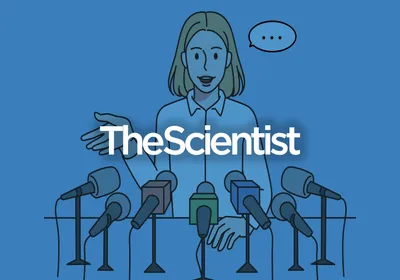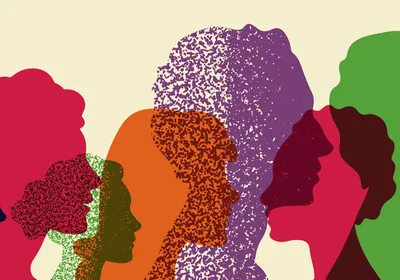
Do you want to improve your science communication skills and make your ideas publicly accessible? Do you love science and have a way with words?
The Scientist would love to read your story!
Enter the contest for these opportunities:
- Receive editorial feedback on your story from The Scientist’s editors
- Develop your science communication skills
- Learn how to express yourself clearly and persuasively
- Publish your story on The Scientist’s digital platforms
- Receive wide exposure
- Compete to win first place or one of two runner-up places
Winners will be chosen by our judging panel, which is composed of professional science communicators with PhD degrees in the life sciences.
The Basics:
- Write a 500–600-word journalism-style article on a recently published scientific discovery in the life sciences
- Examples: https://www.the-scientist.com/you-are-when-you-eat-71487
- Submit your story to submissions@the-scientist.com as a Microsoft Word document
- The deadline for submission is April 14th, 2025
Overview:
- Open to senior scientists, graduate students, research associates, and lab managers interested in science communication
- Write a 500–600-word journalism-style article on a recently published scientific discovery in the life sciences. Articles longer than 600 words will not be read.
- Include quotes from one of the study authors and an outside unbiased expert who can place the study in context.
- All submissions must be the original, unpublished work of the entrant.
- Entrants consent to publishing their article on The Scientist’s digital platform if selected.
- Submit your story to submissions@the-scientist.com as a Microsoft Word document.
- Include your contact information, position, and affiliation in the body of the email.
- Include a 30-word bio including your education and other details that position you as an expert on your topic.
- Include a headshot with at least 300 dpi resolution.
- The deadline for submission is March 31st, 2025
- Examples: https://www.the-scientist.com/you-are-when-you-eat-71487
Click here for the complete guidelines.
















